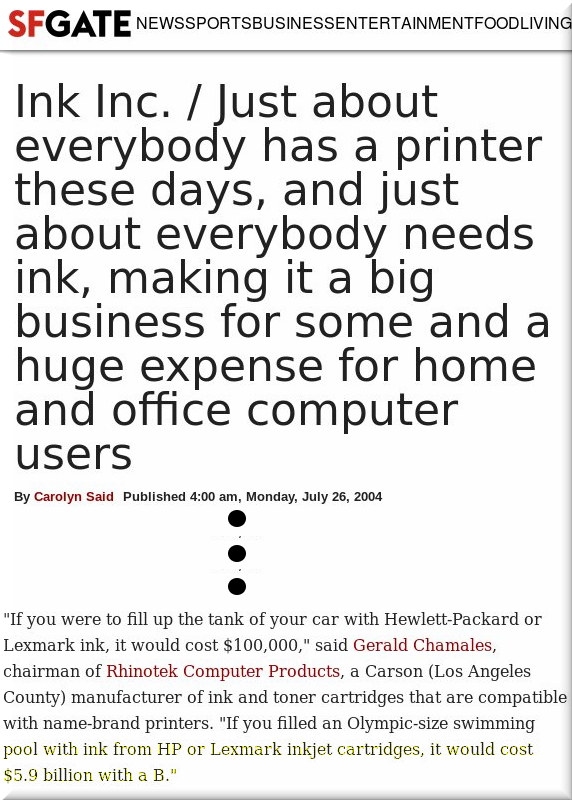

THE evolution of patent law helps determine the rate of innovation and competition. It's not as simple as "more patents" mean "more innovation". In fact, some patents help protectionism and actively impede innovation, so these cases are important, especially when they are decided by Justices in the US.
The four winners are: the US Food and Drug Administration for an improved meningitis vaccine; the Global Good Fund at Intellectual Ventures for a cooler which can preserve vaccines for over a month without outside power source; Case Western Reserve University for creating a low-cost, accurate malaria detection device using magnets and lasers that allows better diagnosis and treatment; and GestVision Inc. for developing a quick, simple diagnosis test for preeclampsia, a potentially life threatening pregnancy complication, for use in developing regions.
Oral arguments in Life Technologies v Promega are due to take place tomorrow in the US Supreme Court to determine whether the US Court of Appeals for the Federal Circuit correctly defined “substantial portion”.
The Supreme Court has agreed to hear a closely watched patent case that will determine whether someone can import into the United States and resell a U.S.-patented article purchased abroad.
Generally, the buyer of a patented product has the right to resell that product to a third party, but the case here stems from printer cartridges that Lexmark International sold on the condition that they not be resold.
Lexmark brought a federal complaint in Ohio several years ago, saying Impression Products had acquired its spent cartridges abroad, refilled them and resold them.
For those cartridges that Impression imported into the United States, the products were priced more cheaply than Lexmark charged.